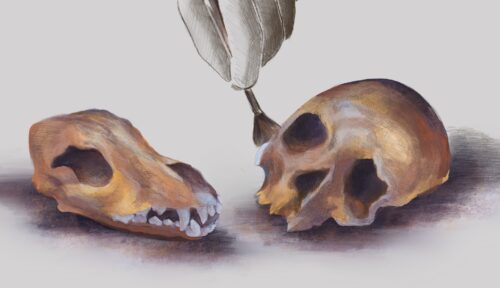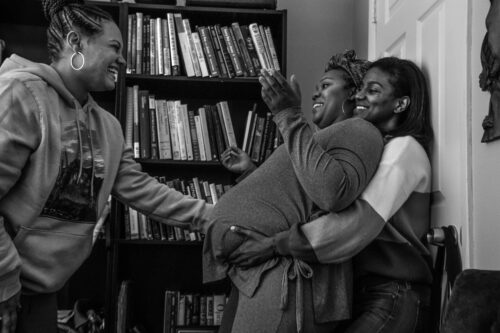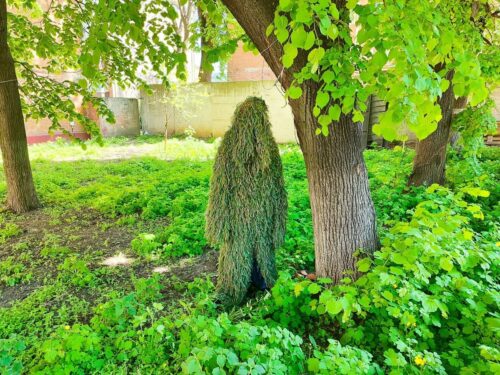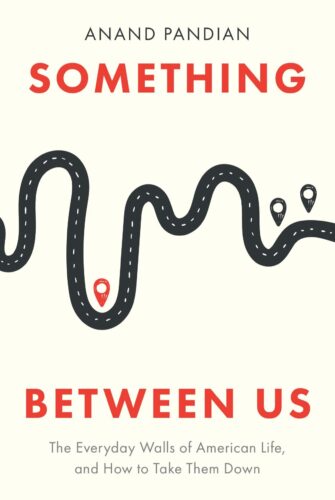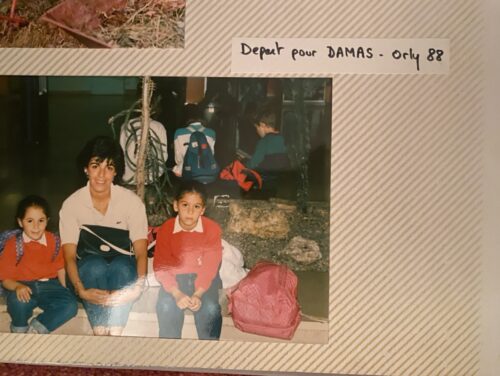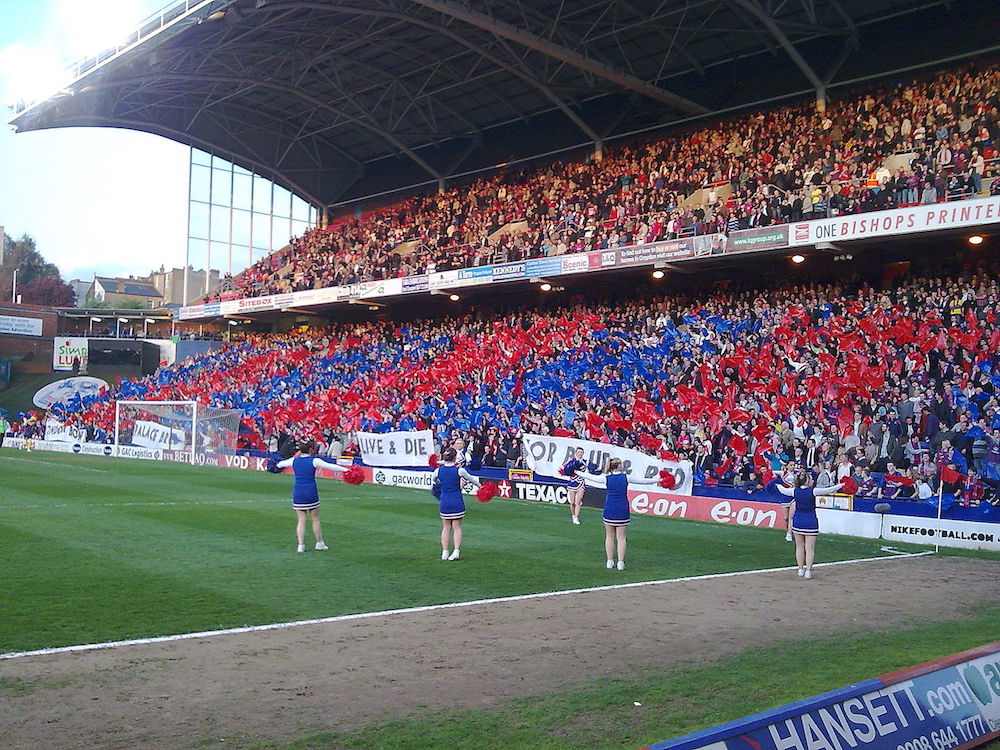Why Losing Bonds Sports Fans

This article was originally published at The Conversation and has been republished under Creative Commons.
Football fans tend to be highly loyal to their group, just as the kin groups of our ancestral past would have been. This intense state of belonging, when a person feels as one with their group, is called “identity fusion.”
My new study, looking at fans of the U.K.’s Premier League, found supporters of the most long-suffering clubs were more “fused” to their clubs. They even considered each other more like a family compared with fans of reliably successful clubs.
Some fans even said they were willing to make the ultimate sacrifice—in a hypothetical situation—giving their own lives to save other supporters of their team. But why do football fans bond so intensely with their club and their fellow fans, people they may have never met?
The research
We used a decade of club statistics to select the five most consistently successful and the five least successful clubs in the U.K.’s top football league, the Premiership. The top five clubs selected were: Manchester United, Arsenal, Chelsea, Liverpool, and Manchester City. The bottom five clubs were Crystal Palace, Hull, Norwich, Sunderland, and West Bromwich Albion.
We adjusted our analysis based on the size of the fan base, which varied between the top- and bottom-performing clubs. Over 750 fans completed an online questionnaire, answering questions like how much they felt other fans were kin and how willing they would be to jump in front of a train to save the lives of five fellow fans.
They also answered questions about the long-term dysphoria—feelings of unease or dissatisfaction—they’d experienced. We measured dysphoria using the survey answers and by analyzing fans’ written responses to an open-ended question about their most important fan experience.
Overall, Crystal Palace fans were most willing to sacrifice themselves for fellow fans, with 34.5 percent answering that they would. Arsenal’s were least likely, with 9.4 percent saying they’d make that sacrifice.
Manchester City fans bonded to one another in a way similar to fans of the less successful clubs, perhaps reflecting their more recent status as a successful club. Still, they did not significantly differ in their willingness to sacrifice themselves when compared to local rivals Manchester United.
The club whose fans reported the greatest social ties was the least successful club: Hull. In contrast, the club reporting the fewest social ties was Chelsea—historically, one of the most successful.
Why?
Previous research has suggested shared dysphoric group experiences such as relegation, or a bitter derby loss, lead to bonding with other group members. While euphoric events, such as winning a competition, can be powerful in bonding us to our groups, it is the dysphoric events that really stay with us. These have the most potential to cement us to our groups through a process of reflecting on these challenging experiences.
An alternative explanation for the exceptional loyalty of fans of losing teams is provided by cognitive dissonance theory. As humans, it is highly stressful to behave in a way that contradicts one of our beliefs or values. For long-suffering fans of poorly performing clubs, the answer to the question “why do I do put myself through this?” could well be “because I love the club so much.” This might be an attempt to reduce the dissonance of spending lots of time and money on a club that never “pays out” with victory.
Yet for dissonance to occur, a fan’s willingness to suffer for the group needs to be perceived as voluntary. In theory, fans can opt out of their football support at any time. But in reality, most fans are recruited through existing relational ties—for example, through a parent, cousin, or friend. This can lead to complex and enduring networks that are hard to cut off.
Identity fusion
A better understanding of identity fusion has huge potential benefits for clubs and the wider society. Policing football in London alone costs around 4 million pounds in the U.K. each year.
Identity fusion among fans could be channeled into self-policing behavior in which fans act peacefully because it can benefit their group. Clubs across the leagues could benefit from a social cohesion approach in a bid to retain “fair-weather fans.” For instance, they might encourage fans to come together after defeat to reflect on how they’ve shared the experience.
Many football clubs are now leading examples of corporate social responsibility, involved in ventures such as the Twinning Project, which pairs clubs with their local prison with a view to reducing re-offending.![]()
There are many critical social areas that football has a stake in, including sexism, racism, homophobia, and continued efforts to fight the pandemic. If fans can be united in kit, united in the face of defeat, and ultimately united in humanity, then clubs are uniquely positioned to tackle these, some of the biggest issues of our times.

